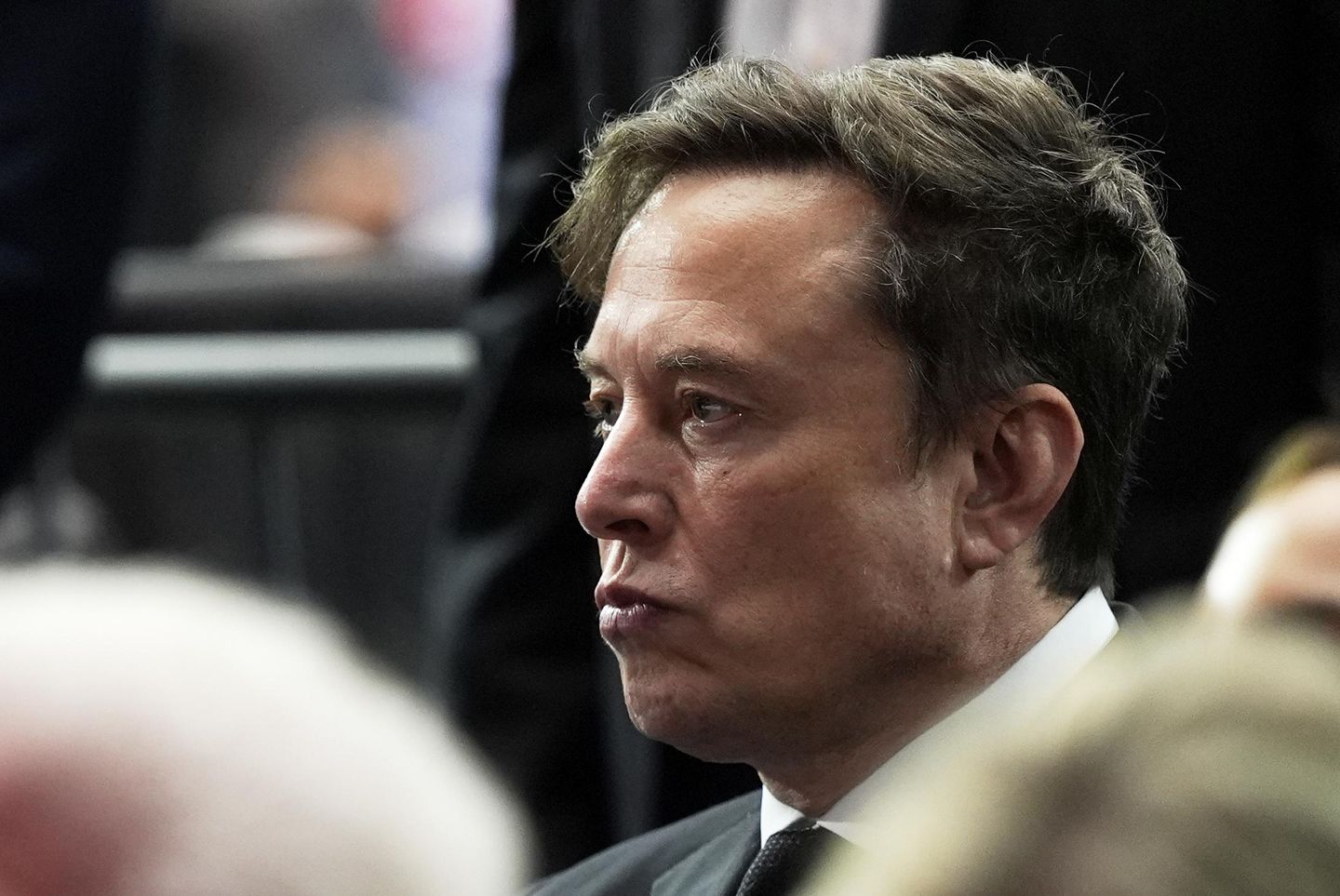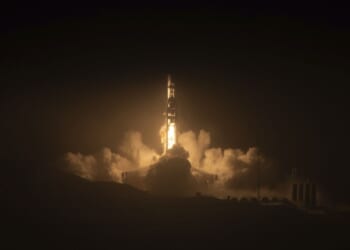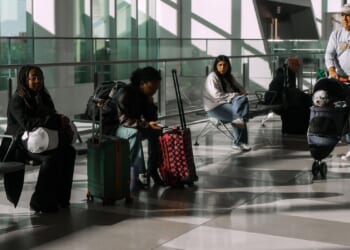
SpaceX has settled a lawsuit filed by the maker of the popular party game Cards Against Humanity over accusations that Elon Musk’s rocket company trespassed and damaged a plot of land the card company owns in Texas.
Texas court records show a settlement was reached in the case last month, just weeks before a jury trial was scheduled to begin on Nov. 3. The card maker said in a statement Monday that it could not disclose the terms, and SpaceX did not return email and telephone messages left with the company and its Texas lawyer seeking comment.
Cards Against Humanity, which is headquartered in Chicago, originally purchased the plot of land in 2017 as part of what it said was a stunt to oppose President Donald Trump’s efforts to build a border wall.
In its lawsuit, Cards Against Humanity alleges SpaceX essentially treated the game company’s property – located in Cameron County in far south Texas – as its own for at least six months.
The lawsuit said SpaceX, which had previously acquired other plots of land near the property, had placed construction materials, such as gravel, and other debris on the land without asking for permission to do so.
Cards Against Humanity said in an email Monday to The Associated Press that SpaceX admitted during the discovery phase of the case to trespassing on its property. The company said a trial “would have cost more than what we were likely to win from SpaceX.”
“The upside is that SpaceX has removed their construction equipment from our land and we’re able to work with a local landscaping company to restore the land to its natural state: devoid of space garbage and pointless border walls.”
The company has previously said 150,000 people had each contributed $15 toward helping purchase the land in Texas and that they had hoped to pay back those donors with proceeds from a settlement.
Over the years, Cards Against Humanity says the land has been maintained in its natural state. It also says it displayed a “no trespassing” sign to warn people they were about to step on private property.
The company was asking for $15 million in damages, which it says includes a loss of vegetation on the land.
“Were we hoping to be able to pay all our fans? Sure. But we did warn them they would ‘probably only be able to get like $2 or most likely nothing,’” the company said.











